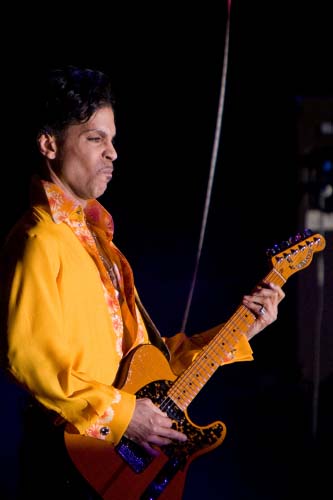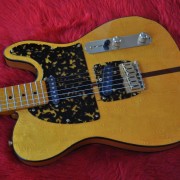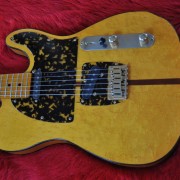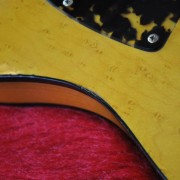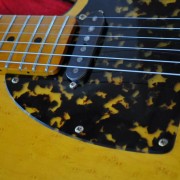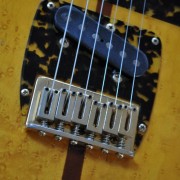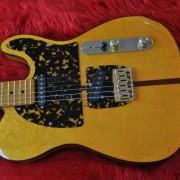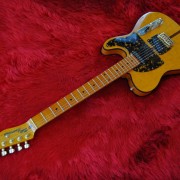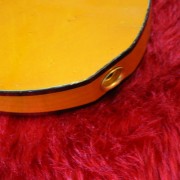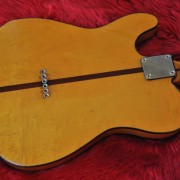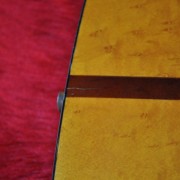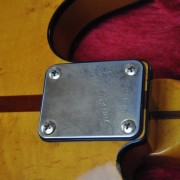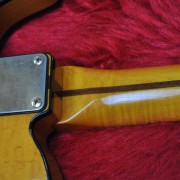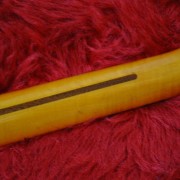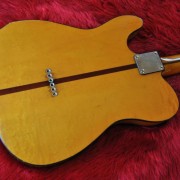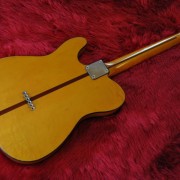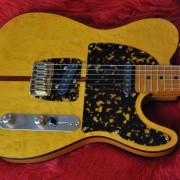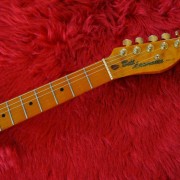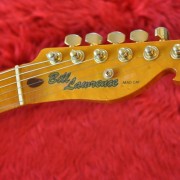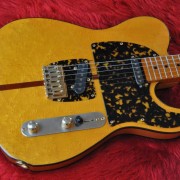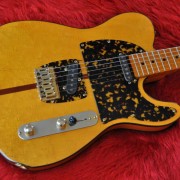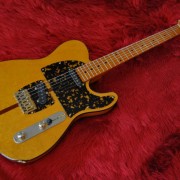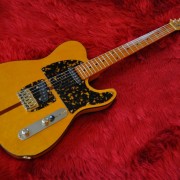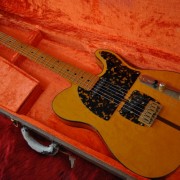Prince, the songwriter, singer, producer, one-man studio band and consummate showman, died Thursday at his residence, Paisley Park, in Chanhassen, Minn., according to a statement from his publicist, Yvette Noel-Schure. He was 57.
No cause of death has been given. In a statement, the Carver County sheriff, Jim Olson, said that sheriff’s deputies responded to an emergency call at 9:43 a.m.: “When deputies and medical personnel arrived, they found an unresponsive adult male in the elevator. First responders attempted to provide life-saving CPR, but were unable to revive the victim. He was pronounced deceased at 10:07 a.m.” The sheriff’s office said it would continue to investigate his death.
Last week, responding to news reports that Prince’s plane had made an emergency landing because of a health scare, Ms. Noel-Schure said Prince was “fighting the flu.”
Prince, born Prince Rogers Nelson on June 7, 1958, was a man bursting with music — a wildly prolific songwriter, a virtuoso on guitars, keyboards and drums and a master architect of funk, rock, R&B and pop, even as his music defied genres. In a career that lasted from the late 1970s until the arena tour this year, he was acclaimed as a sex symbol, a musical prodigy and an artist who shaped his career his way, often battling with accepted music-business practices.
Prince’s Top 10 hits included “Little Red Corvette,” “When Doves Cry,” “Let’s Go Crazy,” “Kiss,” and “The Most Beautiful Girl in the World”; albums like “Dirty Mind,” “1999” and “Sign O’ the Times” were full-length statements. His songs also became hits for others, among them “Nothing Compares 2 U” for Sinead O’Connor and “I Feel for You” for Chaka Khan. With the 1984 film and album “Purple Rain,” Prince told a fictionalized version of his own story: biracial, gifted, spectacularly ambitious. Its music won him an Academy Award and the album sold more than 13 million copies in the United States alone.
Prince recorded the great majority of his music entirely on his own, playing every instrument and singing every vocal line. Then, performing those songs onstage, he worked as a bandleader in the polished, athletic, ecstatic tradition of James Brown, at once spontaneous and utterly precise, riveting enough to open a Grammy Awards telecast and play the Super Bowl halftime show. Often, Prince would follow a full-tilt arena concert with a late-night club show, pouring out even more music.
In Prince’s biggest hits, he sang passionately, affectionately and playfully about sex and seduction. With deep bedroom eyes and a sly, knowing smile, he was one of pop’s ultimate flirts. But elsewhere in his catalog were songs that addressed social issues and delved into mysticism and science fiction. He made himself a unifier of dualities — racial, sexual, musical, cultural — teasing at them in songs like “Controversy” and transcending them in his career.
He had plenty of eccentricities: his fondness for the color purple, using “U” for “you” and a drawn eye for “I” long before textspeak, his vigilant policing of his music online, his penchant for releasing huge troves of music at once, his intensely private persona. Yet among musicians and listeners of multiple generations, he was admired well-nigh universally.
